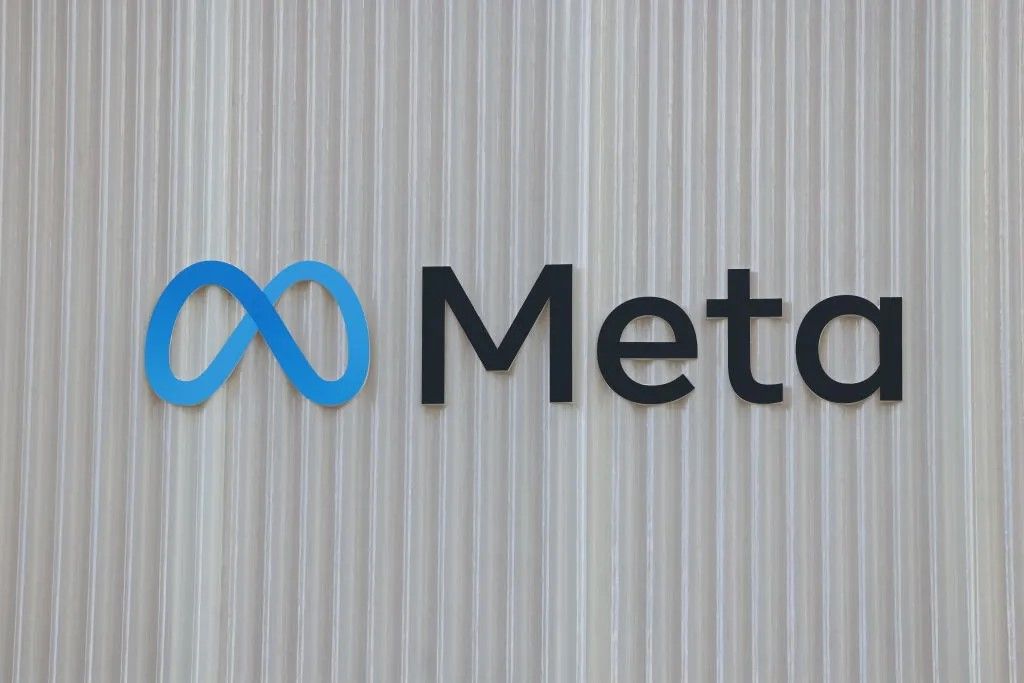Introduction
The AI talent war is reshaping research hubs: Meta has seen rapid departures of figures such as Avi Verma and Ethan Knight, with many researchers opting for OpenAI or startups; this alters priorities and project continuity.
Background
Major labs (Meta, OpenAI, Google DeepMind) and numerous startups have poured resources into advanced AI research. Meta's Superintelligence Lab aims for frontier systems, but swift hiring cycles and turnover test the lab's ability to sustain stable, high-performing research teams.
Recent departures
Researchers like Avi Verma and Ethan Knight reportedly left Meta soon after joining to return to OpenAI, while others such as Rishabh Agarwal moved to startups focused on materials discovery via AI. These moves highlight how offers, mission fit and team dynamics can reverse hiring outcomes quickly.
The Problem / Challenge
High turnover disrupts project continuity, raises recruiting and onboarding costs, and risks losing institutional knowledge; for Meta, the issue is both economic and cultural—retention requires more than pay.
Reasons behind departures
Factors include better-aligned research goals, established teams, competitive compensation, and a preference for environments granting research freedom; some decisions occur before formal starts, indicating rapid counteroffers or reconsideration.
Impact on R&D
The AI talent war intensifies competition: it can accelerate breakthroughs by redistributing expertise, yet it also increases volatility and may slow specific initiatives due to fragmented teams.
Public reactions
Social platforms and industry forums debate whether these exits reveal cultural or managerial weaknesses at Meta, while others commend researchers choosing environments that match their scientific priorities.
Future implications
The AI talent war drives up labor costs, fuels startup growth, and could prompt regulatory attention on talent flows and sensitive research; successful labs will balance compensation with mission and research autonomy.
Conclusion
Recent movements between Meta, OpenAI and startups show that human capital decisions will shape not only who leads AI research but also how quickly and safely advanced systems emerge.
FAQ
What is the AI talent war?
It is the competitive scramble among companies and startups to recruit and retain top AI researchers and engineers.
Why are researchers leaving Meta in the AI talent war?
Common reasons include better mission alignment, stronger research teams elsewhere, more attractive offers, and greater freedom to publish and experiment.
How does high turnover affect AI projects?
Turnover can delay timelines, fragment teams, and increase costs, though it may also bring fresh ideas when talent redistributes across institutions.
Can startups benefit from this talent movement?
Yes—startups gain expertise and can pursue niche applications, accelerating innovation in fields like materials science and advanced manufacturing.
